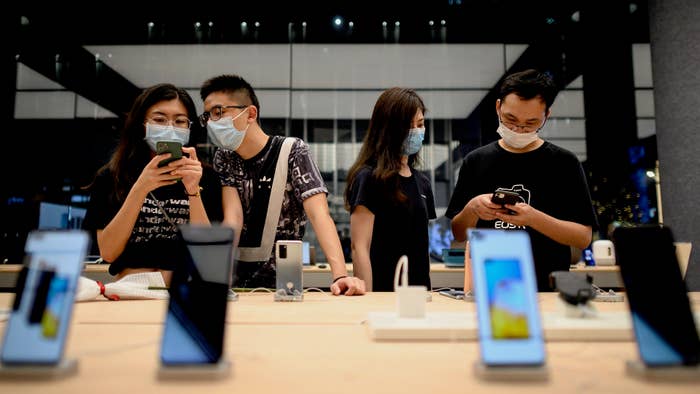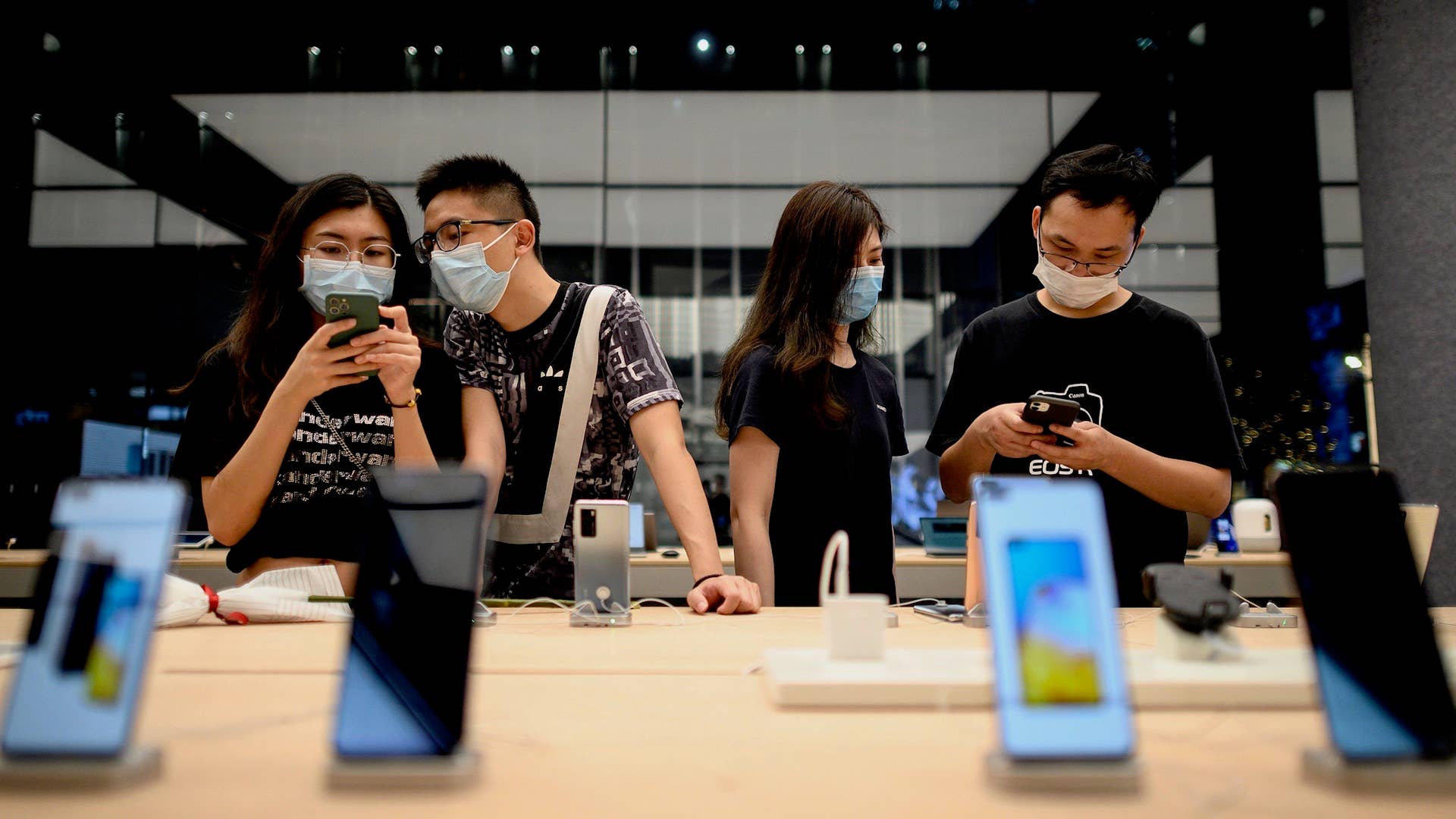
Apple has finally rolled out the public version of iOS 13.5, offering a number of improvements, bug fixes, and a couple of coronavirus-related features.
One of the most notable updates is the revamped facial recognition system, which now makes it easier to unlock your iPhone or iPad while wearing a protective face mask. With the previous system, the Face ID would make multiple attempts to recognize a user's partially concealed face before giving the option to enter the passcode. The new update is a time-saver for those mask-wearing individuals, as they're able to swipe up once from the bottom of the screen to automatically get the PIN option.
Apple confirmed this feature also works when authentication is required for apps like Apple Books, Apple Pay, and iTunes.
iOS 13.5 also introduces Apple and Google's Exposure Notification API setting, a collaborative feature that aims to help public health agencies combat the spread of coronavirus. To use this feature, a third-party contact-tracing app must be downloaded to the device; once installed, the user will be notified if they have come into contact with anyone who has been diagnosed with the disease.
Starting today, our Exposure Notifications technology is available to public health agencies on both iOS and Android. What we’ve built is not an app—rather public health agencies will incorporate the API into their own apps that people install. Our technology is designed to make these apps work better. Each user gets to decide whether or not to opt-in to Exposure Notifications; the system does not collect or use location from the device; and if a person is diagnosed with COVID-19, it is up to them whether or not to report that in the public health app. User adoption is key to success and we believe that these strong privacy protections are also the best way to encourage use of these apps.
Users can access the feature by going to Settings > Privacy > Health > COVID-19 Exposure Logging.
Another notable update gives users the option to disable the automatic zooming feature in a Group FaceTime.
To install the Apple's latest operating system on your device, go to to Settings > General > Software Update and then tap "Download and Install" at the bottom.

